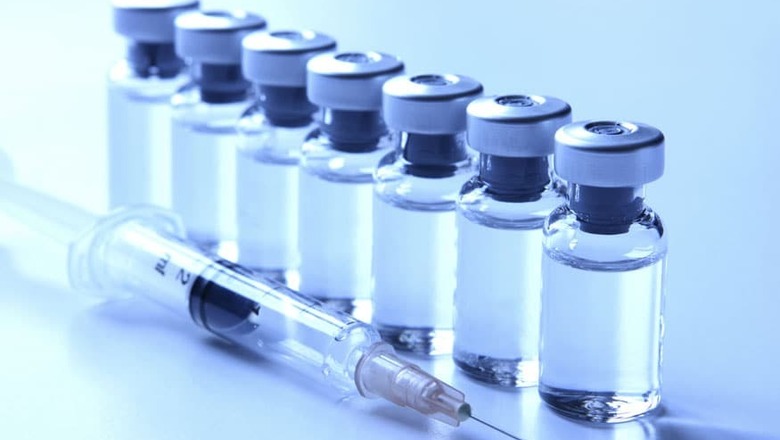
views
New Delhi: When a 100 residents of Oxford, United Kingdom agreed to swallow live typhoid bacteria as part of a study, they paved the way for a breakthrough Indian vaccine for typhoid.
The first conjugate vaccine for typhoid, by the Hyderabad-based company Bharat Biotech, was prequalified by the World Health Organisation in December 2017 and has caught the attention of GAVI, the international vaccine alliance.
India has produced a vaccine that can be administered to children as young as 6 months, unlike previous typhoid vaccines that could only be given to children 2 years old and above. To test this vaccine’s strength, Bharat Biotech not only did clinical trials in India but undertook a ‘human challenge study’ in Oxford, an unusual feat for Indian companies, according to Bharat’s founder and managing director Dr. Krishna Ella.
GAVI, said the WHO statement has earmarked $85 million to acquire the vaccine. This, according to Ella, could go up depending on how many doses the alliance wants.
“We wanted to be innovative and build something from scratch,” said Ella, “and not just imitate multinational companies, like other Indian companies do.”
Typhoid is caused by Salmonella serovar Typhi bacteria, and spreads largely through contaminated water. In severe cases it can be life threatening, and in others, can cause long lasting intestinal problems.
From work that began in 2001, Ella and his team created a vaccine that would protect a person from the age of 6 months to 65 years. All previous vaccines could only be given to children 2 years old and above, leaving infants, who are especially vulnerable to typhoid, at risk.
Bacteria, explained Ella, produces sugar and protein. Older vaccines, the polysaccharide vaccines, were based on sugar, which a baby’s body cannot pinpoint as a foreign body. Thus, it doesn’t produce the needed antibodies. A conjugate vaccine “crosslinks” the sugar and the protein and can successfully fool a baby’s body into producing antibodies that will give it almost lifelong immunity.
The trials saw 10,000 babies tested in India, a tricky prospect, as first adults, then adolescents and then five year olds have to be carefully tested. Then, volunteers in Oxford were made to drink a high concentration of the bacteria, almost to the tune of one million bacteria (parts per million) in a flask of water. Of the group, some were given the conjugate vaccine, some the older polysaccharide vaccines, and some a placebo, to serve as a double blind.
The human challenge, funded by the Bill and Melinda Gates Foundation, took place due to Ella’s need to prove beyond a shadow of doubt his vaccine worked. “Because of some companies, Indian data is not trusted globally,” said Ella.
The vaccine’s efficacy in this challenge, as published in The Lancet, was 87 percent. “This will be nearly 100 percent in the filed, where typhoid bacteria isn’t found or ingested in such high concentration,” said Ella. The polysaccharide vaccines have an efficacy of 65 percent.
“Though there are conjugate vaccines for other bacteria, such as Pfizer’s pneumoccocal vaccine, no one conjugated a typhoid vaccine before us,” said Ella. This, he puts down to Indian companies tendencies to mimic international vaccines and create generics. “We do not innovate here” he said.
Nor do we, he added, get the benefit of our own technology. GAVI supplies vaccines mostly to countries across Africa. Bharat Biotech donated 50,000 doses to Aga Khan University in Karachi, Pakistan, to vaccinate children, as the population of both Karachi and it’s neighbouring city of Hyderabad is resistant to third line antibiotics, said Ella. The university is going to buy an additional 3 lakh doses.
India, said Ella, will have to wait till the government acquires the vaccine from Bharat Biotech. Priced at Rs 1500 a dose, while not exorbitant, it will still be expensive the poorer patients, who are more vulnerable to the disease.
However, Pradeep Haldar of the Union Health Ministry told News18 that were no such plans to acquire the vaccine as typhoid is not a pan India threat. It crops up in “hotspots”, though, by his admission, there isn’t enough surveillance data to clearly map these hotspots.
Ella, meanwhile, has refused to approach the government, disenchanted with its pace. “The rotavirus vaccine was the first new indigenous vaccine in India, yet its only being used by seven states so far,” he said, giving an example. He added that India, Pakistan and Bangladesh had the highest typhoid disease burden, and a mounting antibiotic resistance problem.
India specific figures on typhoid are hard to find. A study in the science journal PLOS, from 2016, noted that, there have “surprisingly, been very few epidemiological investigations of the incidence of typhoid in India”. Figures from 2013 put India’s annual typhoid mortality to 6.1 per 10000 people. A paper in The Lancet, from 2014, showed that of the 5.6 billion endemic population in low to middle income countries, in 2010, 1.6 billion (29%) were at high risk of typhoid.










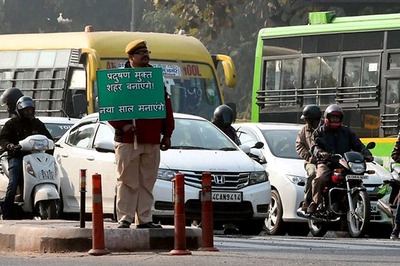


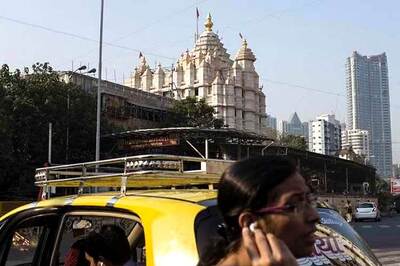


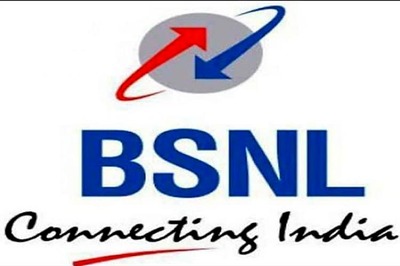

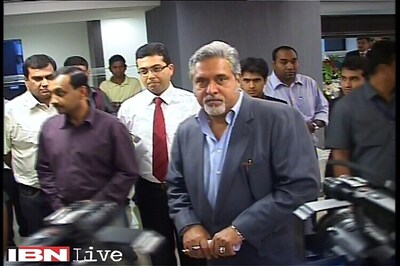

Comments
0 comment